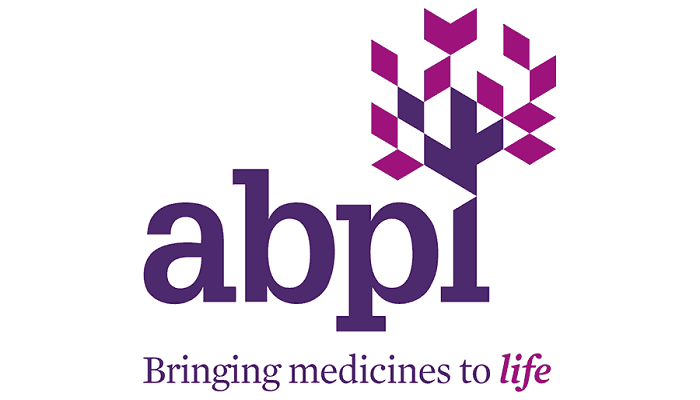The Association of the British Pharmaceutical Industry (ABPI) has reemphasized its message to the industry about the development of new antibiotics on the eve of World Antibiotic Awareness Week.
Antibiotic-resistant illnesses are thought to have caused 1.2 million deaths worldwide in 2019, while in England, over 90,000 people were admitted to hospitals in 2019–20. But the world’s supply of new antibiotics hasn’t been able to stop the problem from getting worse.
Additionally, a significant global challenge to contemporary medicine is being created by the development of drug-resistant microorganisms more quickly than new antimicrobial therapies.
The goal of World Antibiotic Awareness Week this year is to increase awareness and understanding of antimicrobial resistance (AMR). Better behaviour among the general public, healthcare professionals, and policymakers will be promoted by the event in an effort to stop the antibiotic resistance from spreading. The core pillars of contemporary medicine are under threat from antibiotic resistance, according to Amit Aggarwal, executive director of medical affairs at the ABPI. The use and administration of these essential medications by individual healthcare professionals and patients will make a significant contribution to the worldwide effort needed to overcome the dilemma.
The UK is already playing a pioneering role in combating resistance to antibiotics through reforms to how it rewards and incentivizes antibiotic research, but it will not win this battle by itself, he continued. The advancement of new antimicrobial therapies must be given top priority while they continue to encourage global efforts to enhance the way they employ currently available antibiotics.
Antibiotic resistance happens when the bacteria that causes an infection cannot be treated with the antimicrobial medications that are currently accessible.
Every healthcare system in the world depends on the usage of antibiotics for routine medical procedures like tooth extractions, chemotherapy, sepsis, and surgery.



















